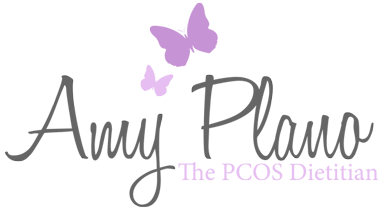What is polycystic ovary syndrome (PCOS)?
Polycystic ovary syndrome (PCOS) is a common ovulation problem that affects about 5% to 10% of women in their reproductive years.
PCOS is a hormonal imbalance that can make the ovaries stop working normally.
In most cases, the ovaries become enlarged and appear covered with tiny, fluid-filled cysts.
What are the symptoms of polycystic ovary syndrome (PCOS)?
- No periods, irregular periods, or irregular bleeding.
- No ovulation or irregular ovulation.
- Obesity or weight gain (although thin women may have PCOS).
- Insulin resistance (an indicator of diabetes).
- High blood pressure.
- Abnormal cholesterol with high trigylcerides.
- Excess hair growth on the body and face (hirsutism).
- Acne or oily skin.
- Thinning hair or male-pattern baldness.
How can I cope with PCOS?
PCOS can be emotionally trying for women. Those who suffer from PCOS often report feelings of depression, pregnancy concerns, and feeling self-conscious about their appearance.
If you have PCOS, it’s important to remember that you’re not alone — therefore, you shouldn’t go through this emotional journey by yourself.
There are countless resources for women to help them cope with the emotional effects of PCOS. Reaching out for help is truly taking the first step in winning the physical and emotional battles of polycystic ovary syndrome.
If you’re feeling alone in your PCOS journey, please contact me today. For over a decade, I’ve been working with top doctors in women’s health and fertility to design the most comprehensive and effective nutrition programs for women with PCOS.
We’ll make PCOS a minor bump in the road, and get you back to the healthiest version of you.

